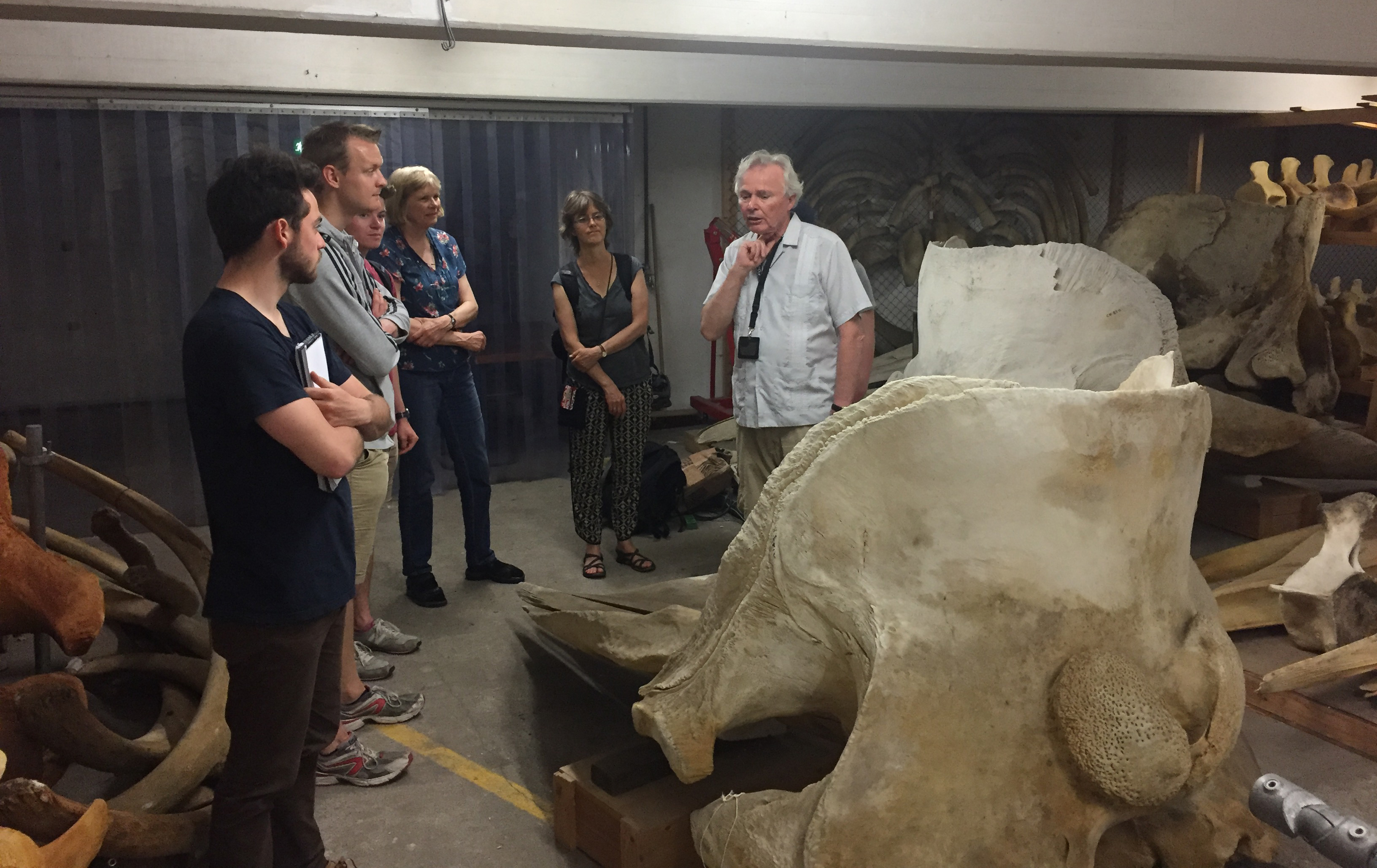The Arctic is hot
We believe in international accessibility and interdisciplinarity to tackle the future global challenges in the Arctic world. That is why five arctic modules are now available at the University of Copenhagen for those interested in the complex global and regional challenges related to the Arctic.
The Arctic is “hotter” than ever and, at the University of Copenhagen, about 200 researchers are working with topics related to the Arctic, including projects with internationally recognised research institutions. Our research covers academic fields ranging from climate and sustainability to law, social sciences, health as well as the disciplines of history, anthropology and culture. The Arctic field at UCPH is truly interdisciplinary, spanning the research strengths of all our six faculties.
Global challenges
Now, our knowledge is internationally available to students and professionals as five Arctic coursework modules taught in English. Together they form a comprehensive semester programme but each of the five modules covers well-defined thematic topics and can stand alone.
Professor Morten Meldgaard teaches a course on Arctic Nature and Society: “The Arctic is hot. This course gives you an inside view of the Arctic, its wonderful people, its amazing natural resources and the profound changes that are taking place these years.”
The competencies students obtain from the courses can be applied to many other academic fields faced with global challenges.
The Arctic as an interdisciplinary field
With more than 100 years’ tradition for research in the Arctic and in Greenland, UCPH has built great expertise in the area. It is our aim to provide the best possible platform for students, who want an interdisciplinary arctic profile and want to explore UCPH’s ways of learning.

“This course has been fantastic - one of the best I have taken at UCPH,” says a student evaluating the course ‘Arctic Nature & Society’. “The quality of the guest lecturers was very high, and I especially gained a lot from going to different venues and the more 'hands-on' elements of the course.”
Students with all academic backgrounds are welcome to participate in coursework as all courses welcomes a diverse student group to add new angles and perspectives to the Arctic. On the modules, students learn to work with interdisciplinary Arctic research, to identify future research opportunities and to engage in professional consultancy relating to the management of developments in Arctic communities. The coursework also gives a better understanding of the interaction between ecosystems, natural resources and commerce, and the ability to engage professionally with nature management from a sustainability perspective. Furthermore, students can obtain competencies related to Arctic health and Arctic health systems.
Challenges and benefits of working across disciplines
Two of the main points of the coursework are to ensure that the package is of equal interest to students across the University and to take advantage of the synergies that develop when faculty from various fields come together. Still, working across disciplines can be quite a task and requires close collaboration between academics and administrative staff.
In making the Arctic modules come together, the academics have all brought their content to an administrative team, who then facilitate the overview, the process management and the interconnectedness of the courses. There is a high level of awareness of the arctic field among faculty management, and the initiative is coordinated through a steering committee. To gather all the threads, UCPH has created an Arctic secretary position to function as a one-point-entry at our Faculty of Science.

Become an Arctic expert

Contact SCIENCE or browse through more than 58 Arctic-related courses in our course database.
